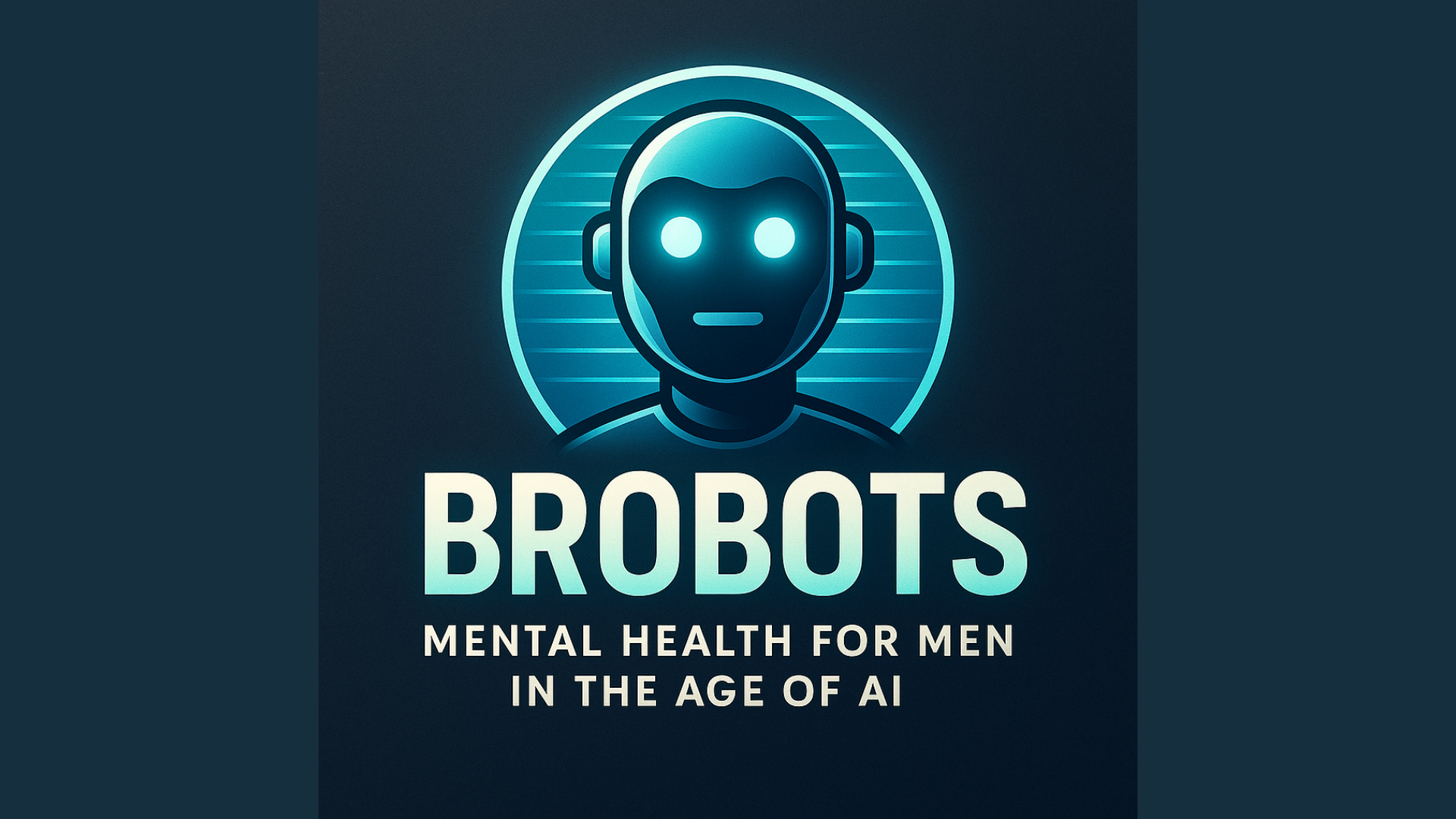Can AI spot your health problems faster than a doctor?
We all know the grind: long hours, too much stress, and that feeling of burnout that never seems to go away. Traditional medicine often just slaps a Band-Aid on the symptoms, leaving the root cause unaddressed. But what if there’s a better way to get to the bottom of what’s really going on with your body?
Discover how AI-powered health tracking can pinpoint hidden issues like low testosterone and stress-induced glucose crashes. Learn how to use your own biometric data to have more productive conversations with your doctor. And find out what simple lifestyle changes can make a massive difference in your mental and physical well-being.
Listen now to learn how to turn your health data into actionable insights.
🔬 What You'll Learn:
- How AI helped diagnose hormone issues doctors missed
- Why morning anxiety might be glucose crashes, not stress
- Simple performance tests that beat $400 wearables
- How to interpret blood work using AI when doctors rush you out
- Privacy vs. convenience in health data sharing
Topics Discussed:
- AI and Testosterone: Garrett shares his personal journey of using an AI chat to pinpoint a potential diagnosis of hypogonadism due to head injuries, which was later confirmed by blood tests.
- The Problem with Doctors: A major frustration is the lack of time doctors have to truly sift through a patient's complex history to find the root cause of issues like chronic stress or low energy.
- Biohacking with Wearables: Wearable tech and continuous glucose monitors (CGMs) can reveal surprising correlations between emotional stress and physical biomarkers, like a fight with a partner causing a blood sugar spike.
- The Biopsychosocial Model: The conversation highlights how physical health and mental health are inextricably linked and that physical issues can often manifest as psychological symptoms and vice versa.
- Trusting Your Data: The hosts discuss the balance between trusting the data from wearables and listening to your own body's intuition, noting that the data isn't foolproof.
- Quick Fixes vs. Root Causes: The discussion touches on how Western medicine often focuses on treating symptoms with quick fixes like medication, rather than addressing the underlying lifestyle factors.
- The Power of Feedback Loops: Using AI and wearables creates a tighter feedback loop, allowing people to experiment with lifestyle changes and see the results faster, which helps maintain motivation.
- Burnout as a Lifestyle Choice: Burnout is framed not just as a workplace issue but as a lifestyle problem driven by priorities that don’t include recovery.
- Behavioral Change is Hard: The hosts acknowledge that knowing what to do isn't the same as doing it, and that current behaviors often serve a purpose, even if they're unhealthy.
- Data Privacy Concerns: Garrett acknowledges the risk of sharing personal health data with AI but weighs the benefit of gaining health insights against the potential for data leaks.
⏰ Timestamps:
0:00 - AI diagnoses secondary hypogonadism
5:30 - Wearables vs. intuition: who wins?
12:45 - The glucose monitor panic attack revelation
18:40 - Creating behavior change with data
25:15 - Privacy concerns and data safety
💡 Ready to optimize your health with AI? Visit brobots.me/follow to stay updated on cutting-edge health strategies for modern men.
Like this content? Hit subscribe and ring the bell for more AI-powered health optimization strategies that actually work.
Guest Website
https://www.gnosistherapy.com/
#AIHealth #MensHealth #Biohacking #TestosteroneOptimization #WearableTech












